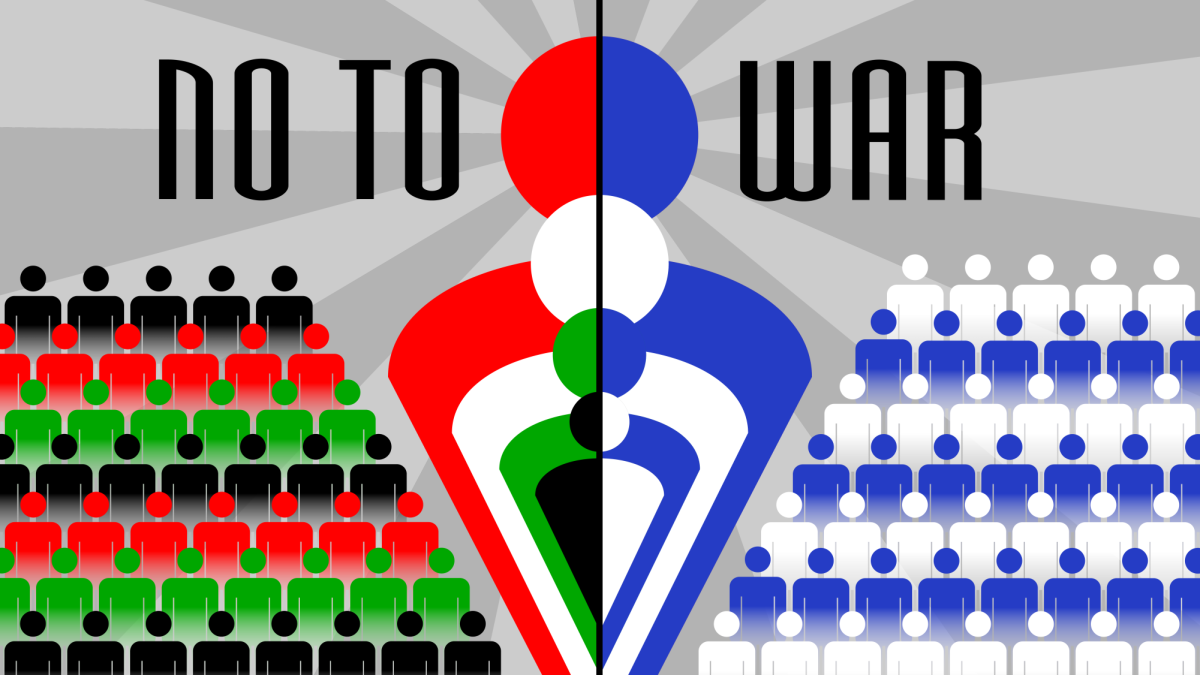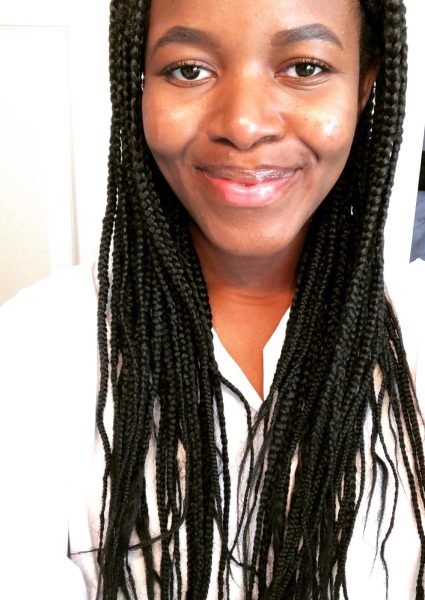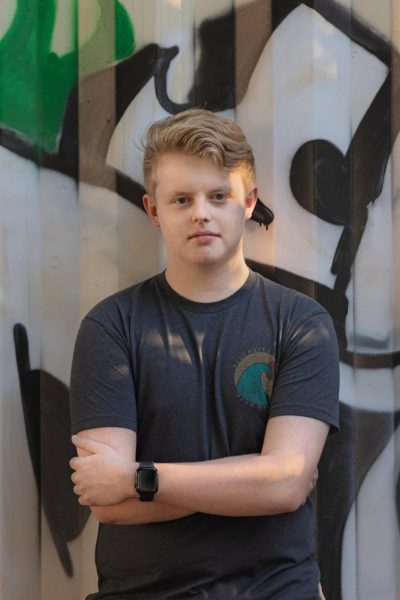The term refugee was first used to identify the French Protestants who fled France following the revocation of 1685. Now, the United Nations uses the term to describe anyone who is forced to flee a country due to war, persecution and or natural disasters.
With the recent bombings of Israel and Palestine, many innocent people will be — and have been — displaced from their homes. But rather than encouraging and helping fund refugee needs, we must prevent inhumane regimes from displacing people in the first place.
As of May 2023, the UN reported over 110 million people who have been forcibly displaced worldwide. This is the highest it’s ever been. In addition, Utah has a large population of refugees compared to the rest of the country.
Despite the rising numbers of refugees, more countries are becoming less accepting of aiding displaced people.
Utah and the United States love to boast about the willingness to accept and welcome refugees — however, this savior mindset does more harm than good. For the number of wars that the U.S. has contributed to, we must reevaluate and learn to do better. Rather than creating war and displacement, the U.S. needs to support strategies that stop and lessen imperialism.
In a press conference from Oct. 19, Gov. Spencer Cox stated that he is open to having conversations about welcoming Palestinian refugees to Utah.
But conversations are insufficient.
Over the last several years, the LDS Church has taken initiatives to help support refugees. But donating money to organizations that come in after war happens isn’t enough. Instead, the Church must donate to organizations preventing forced displacements and supporting peace negotiations.
After all, many Americans support anti-war measures to begin with.
The University of Utah has started taking initiatives to help support the success of refugees. The Center for Science and Mathematics Education has launched REFUGES, an after-school program to help support underprivileged and underrepresented middle and high school students who wish to explore STEM fields.
In addition, Assistant Professor Milad Mozari has partnered with the Bennion Center and International Rescue Committee to use technology to combat the challenges of refugee resettlement.
But these are still measures supporting refugees in the aftermath of their displacement.
There’s a long way to go, but supporting strategies that take an active approach to help combat-forced displacement and the ruin of people is the first step.




